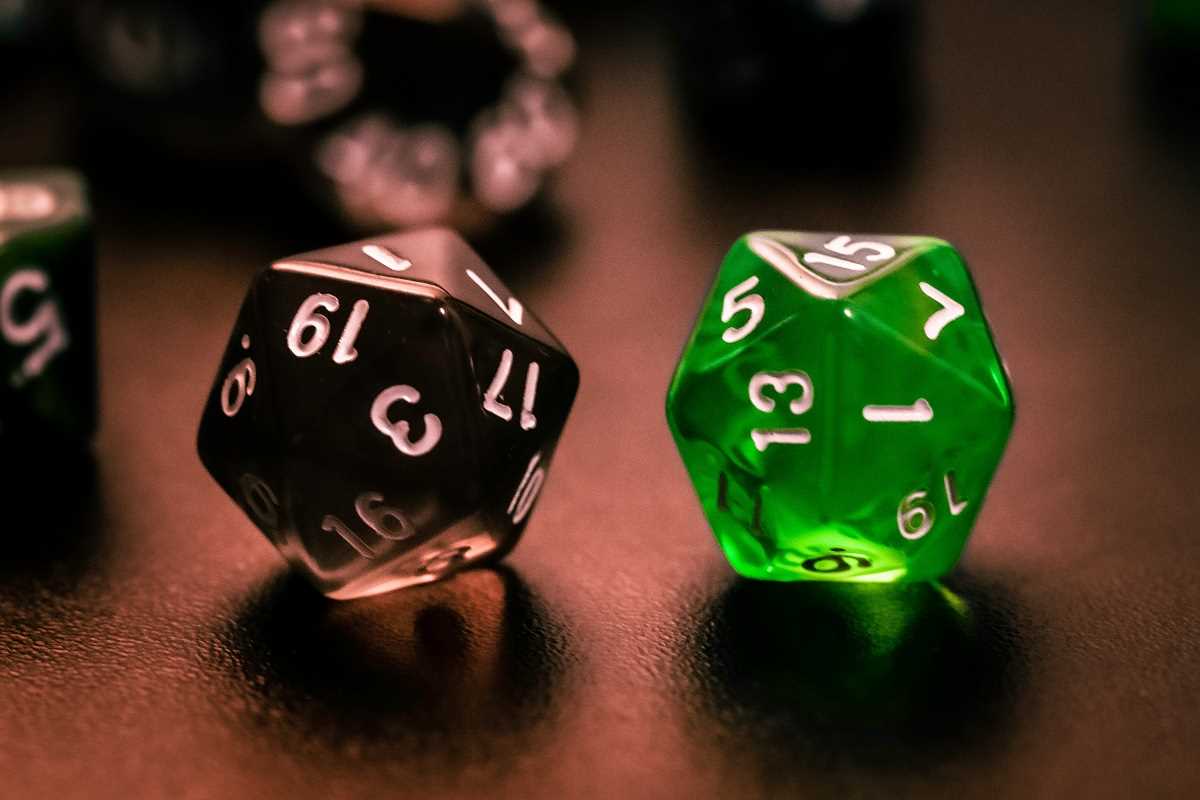Some nights, you just don’t want the intensity of shouting over Monopoly or watching friendships implode during a cutthroat round of Uno. What if, instead, game night focused on laughter, creativity, and collaborative fun? Non-competitive games are the answer. These games trade high-stakes drama for good vibes and shared experiences, making them perfect for a low-pressure, chill evening with friends.
Below, we’ve rounded up some of the best non-competitive games that celebrate storytelling, problem-solving, and delightful chaos. Whether you’re rolling dice, doodling, or acting out ridiculous scenarios, these games guarantee a great time without the need for crowning a winner.
Why Choose Non-Competitive Games?
Sure, some people live for that big win, but non-competitive games have their own kind of magic. Here’s what makes them shine:
- Connection over Competition: Instead of vying for supremacy, you work together or focus on fun.
- Low Pressure: No “strategizing your way to victory” stress. These games are about enjoying the moment.
- Creative Freedom: Many non-competitive games encourage storytelling, ridiculous improvisations, or collaborative problem-solving.
Whether you’re looking to ease into game night with a new crowd or avoid another Catan-related grudge, non-competitive games are a fantastic way to foster laughter and camaraderie.
1. Dungeons & Dragons
What Is It?
Think of Dungeons & Dragons (or D&D) as a group storytelling adventure on steroids. One player takes the role of the Dungeon Master (DM), weaving a world filled with quests, monsters, and mysteries. The others create their own unique characters—from clumsy wizards to sarcastic bards—to explore, fight, and argue their way through the DM’s story.
Why It’s Great for Relaxing Evenings
While D&D can get intense depending on your group, it’s primarily about collaboration, creativity, and shared laughs. You’re not playing against each other; you’re teaming up to survive deadly traps, solve puzzles, and maybe even adopt an adorable little dragon if you’re feeling extra adventurous.
Pro Tip
Keep things light and flexible for beginners. Skip the complex rules and focus on the story. Don’t have hours to play? Try a one-shot campaign that wraps up in 2-3 hours.
2. Codenames (Cooperative Version)
What Is It?
Codenames is traditionally a word association game involving rival teams, but its cooperative mode is an entirely different vibe. Together, the group works to find the “correct words” on the board without accidentally triggering the assassin word (oops).
Why It’s Great for Relaxing Evenings
This version of Codenames dials down the competition and emphasizes communication and collaboration. It’s calm, cerebral, and oddly addictive as you collectively overthink phrases like “apple pie” or “space.”
Pro Tip
Set a soft time limit for each round to keep the energy moving and the focus on fun, not analysis paralysis.
3. Dixit
What Is It?
Picture a game built on whimsical, dreamlike art and almost poetic storytelling. That’s Dixit. Players take turns giving subtle clues about one of their cards, while everyone else guesses the correct card among decoys. The trick? You want your clue to be just vague enough to mislead some people, but not everyone.
Why It’s Great for Relaxing Evenings
The mix of surreal artwork and imagination makes each round unique. It’s less about guessing perfectly and more about how everyone interprets the clues differently, which inevitably results in some hilarious choices.
Pro Tip
Crank up the ambiance with soft background music to match the dreamy vibe of the game.
4. Just One
What Is It?
A cooperative word-guessing game, Just One challenges players to give single-word clues to help a teammate guess the right answer. But there’s a twist! If two or more players write down the same clue, those clues get erased, leaving the guesser with fewer hints.
Why It’s Great for Relaxing Evenings
It’s easy to learn, hilarious when clues overlap unexpectedly, and rewarding when everyone works in sync. Plus, the game encourages playful creativity with its word associations.
Pro Tip
Limit discussion before writing clues to keep things challenging and prevent groupthink.
5. Telestrations
What Is It?
Imagine a mashup of Pictionary and the old-school game of Telephone. Each player starts by drawing a word or phrase. The sketch is then passed to the next player, who writes what they think the drawing represents, then passes that guess to the next person, who draws it...and so on. Chaos ensues.
Why It’s Great for Relaxing Evenings
Absolutely zero artistic talent is required. The worse your drawings, the funnier the game gets. You’ll be laughing (and possibly crying) as your original word morphs into something wildly different by the end.
Pro Tip
Don’t rush! Allow time to admire and critique each “masterpiece” when the final cards are revealed.
6. Dead of Winter (Cooperative Mode)
What Is It?
Set during a zombie apocalypse, Dead of Winter is a cooperative survival board game. Players work together to keep their colony alive by gathering resources and fending off zombie hordes, but the real intrigue comes with individual goals and hidden secrets.
Why It’s Great for Relaxing Evenings
This one blends light strategy with storytelling, and since you’re on the same side (mostly), it’s satisfying to overcome challenges as a group. It’s like starring in your own Netflix drama—but less stressful when everyone works together.
Pro Tip
Skip the betrayal mechanics if you want a strictly collaborative experience.
7. Wavelength
What Is It?
Part party game, part team-building exercise, Wavelength is all about tuning into your teammates’ way of thinking. You’ll spin a dial to set a target (invisible to everyone else) along a given spectrum (like hot vs. cold or formal vs. casual) and then give a clue to help your team guess where exactly the target is.
Why It’s Great for Relaxing Evenings
Fun debates and hilarious overthinking make this game a delight. It’s less about exact answers and more about uncovering how your friends’ minds work (or don’t).
Pro Tip
Play with silly spectrums like “Boring vs. Life-Altering” to keep the energy light and amusing.
8. The Quiet Year
What Is It?
The Quiet Year is a collaborative storytelling game where players collectively draw a map and narrate the story of a struggling community rebuilding after a disaster. Through prompts and discussions, you’ll detail discoveries, dilemmas, and relationships that unfold over the course of a year.
Why It’s Great for Relaxing Evenings
It’s deeply creative, strangely soothing, and works at a totally unhurried pace. There’s no winning or losing here, just an evolving group creation.
Pro Tip
Encourage everyone to contribute at their own comfort level, whether through detailed storytelling or subtle additions to the map.
Setting the Mood for a Relaxed Game Night
Your game night vibe matters just as much as the games themselves. Here are a few tips for keeping things chill:
- Snacks on Deck: Think finger foods like chips, veggies and dip, or cookies. Low-maintenance snacks keep people fueled without distractions.
- Play Some Music: A soft playlist in the background can set the tone. Go for instrumental tunes or ambient soundtracks that won’t overpower conversation.
- Resist the Pressure to Finish: Non-competitive games thrive on flexibility. If the vibe is right, there’s no harm in letting the game evolve organically without rushing to a conclusion.
- Focus on Fun, Not Rules: It’s okay to bend or simplify rules to keep things lighthearted. The goal is laughter, not perfection.
Non-competitive games bring people together in a way that traditional win-or-lose games often can’t.
 (Image via
(Image via





